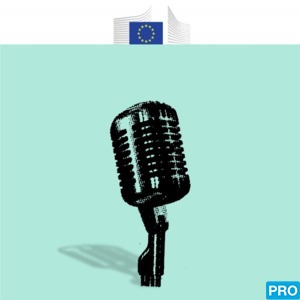




Radio conversations exploring topics that are relevant to DGT translators' work (English or French). Contact: DGT-RADIO@ec.europa.eu © European Union 2022. For any use or reproduction of elements that are not owned by the EU, permission may need to be sought directly from the respective right holders. Music: Title: Days Past. Author: In Closing. Source: In Closing - Days Past (auboutdufil.com). Licence: https://creativecommons.org/licenses/by/3.0/deed.fr
more